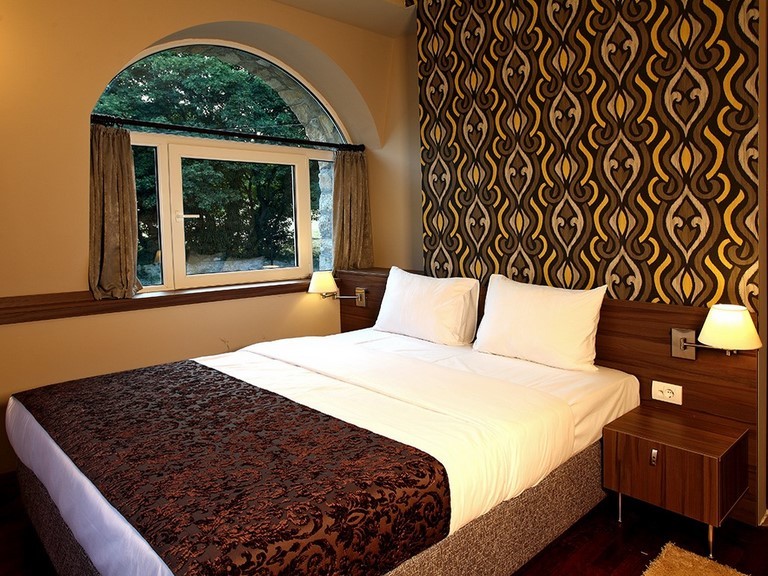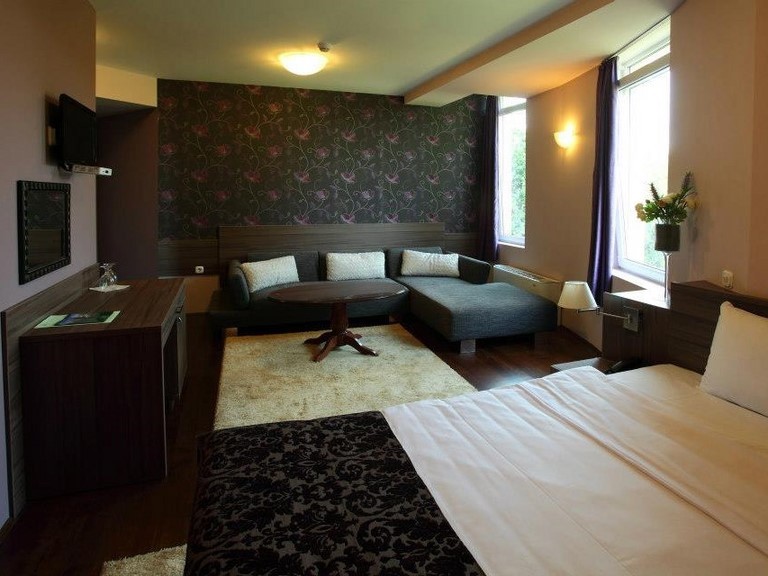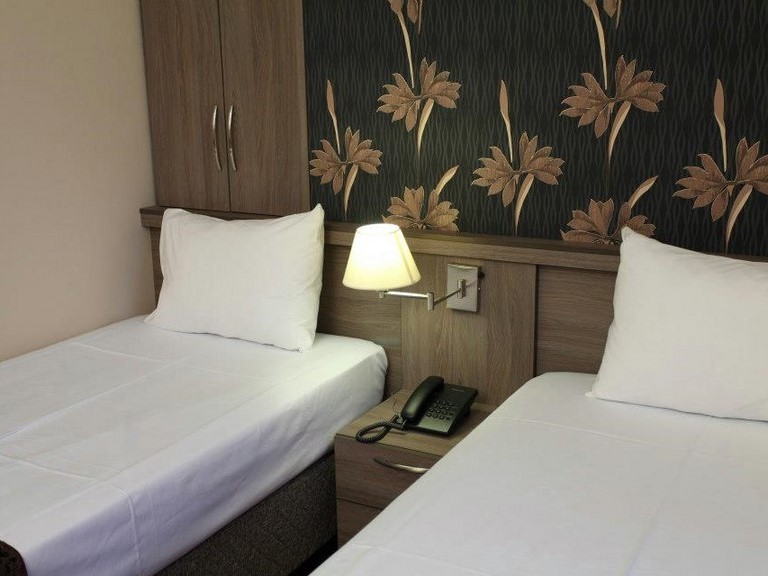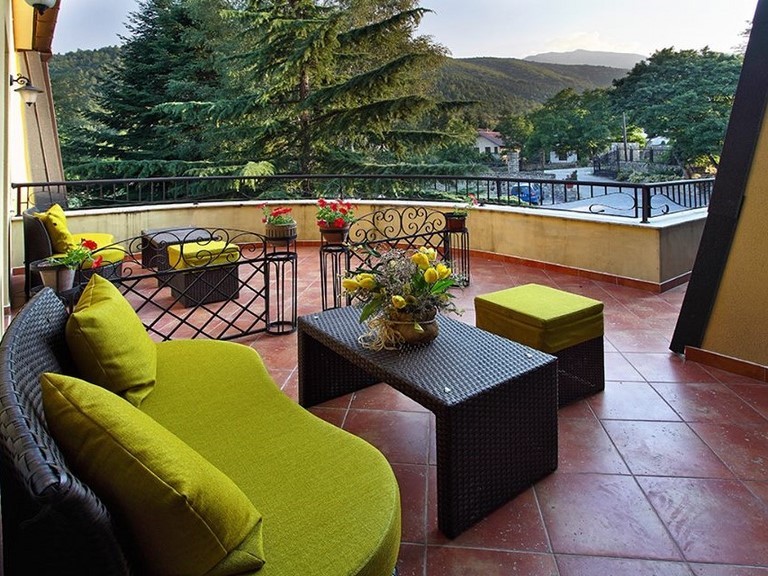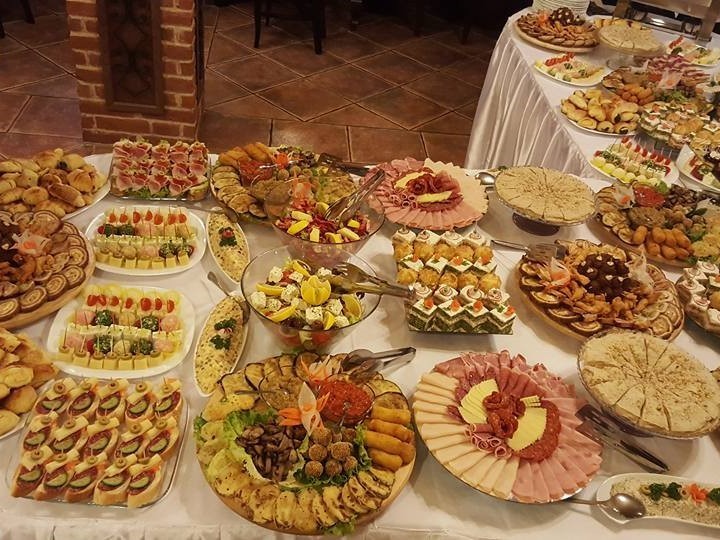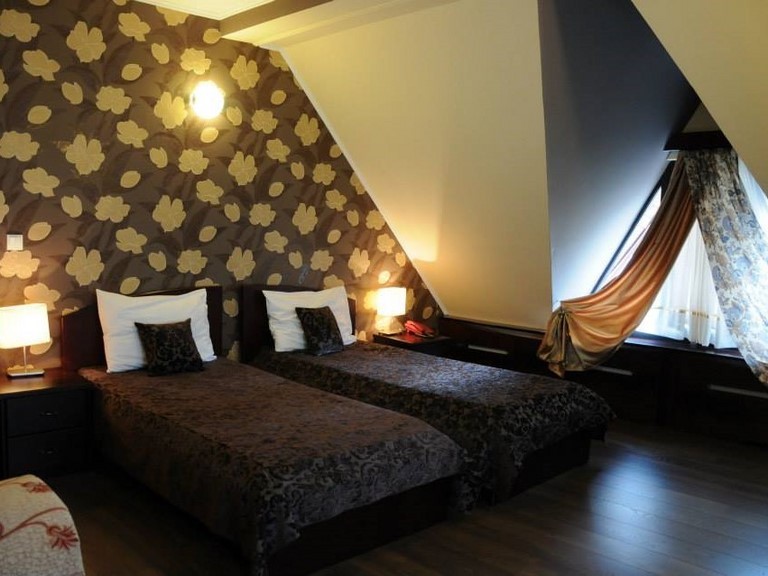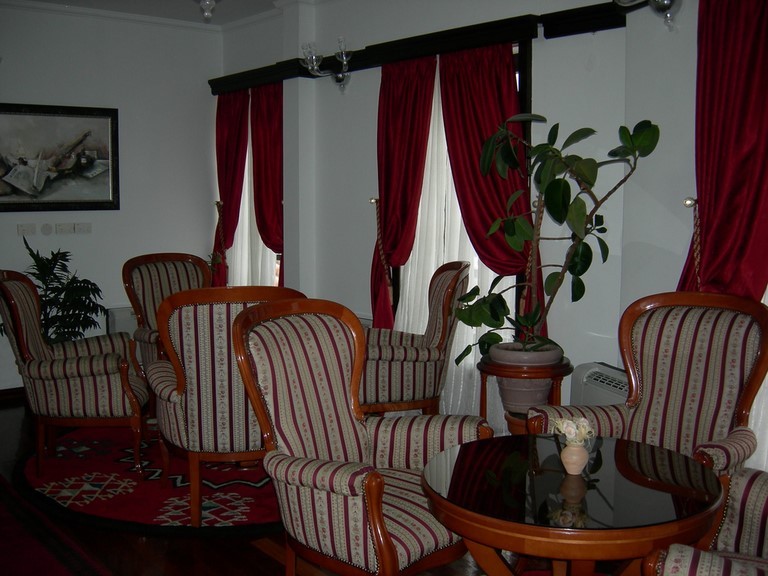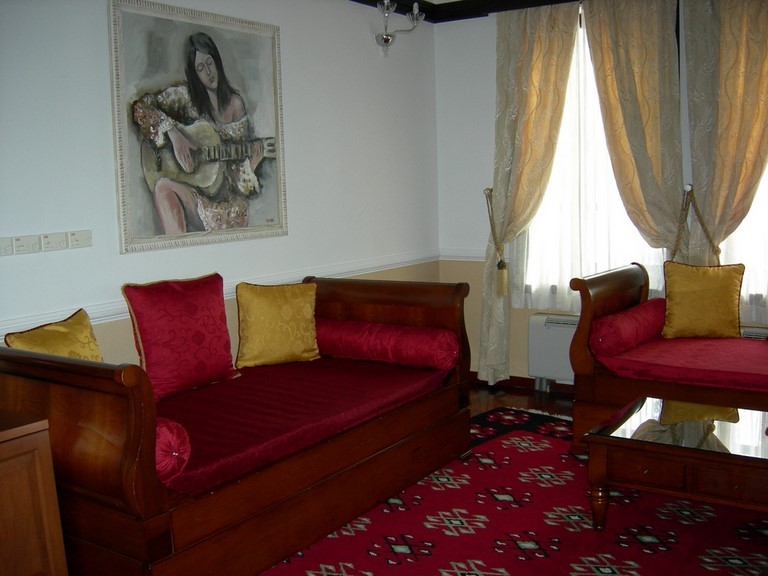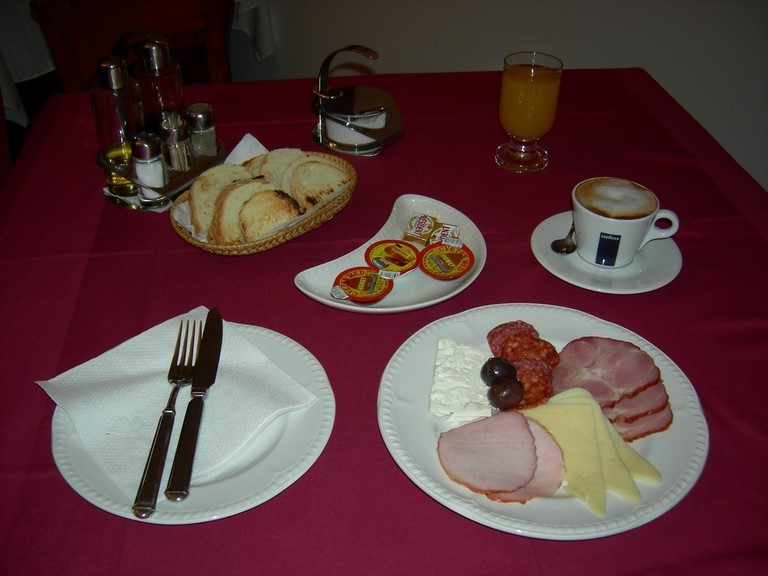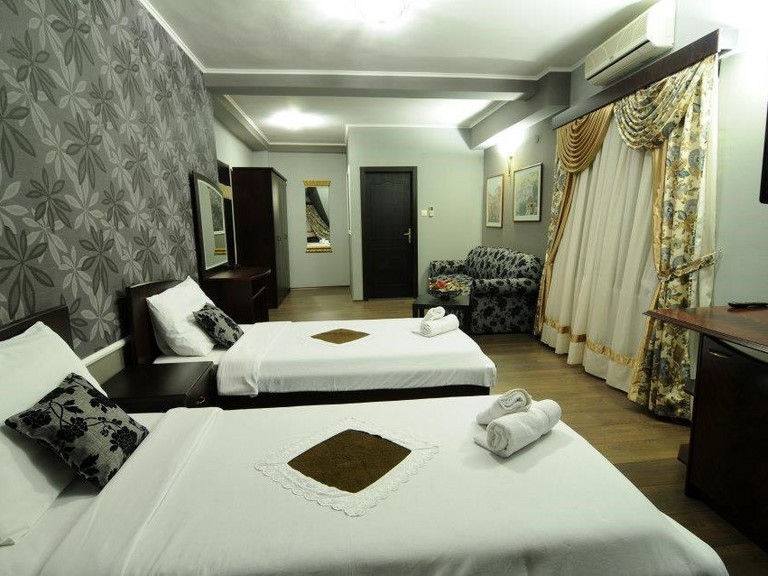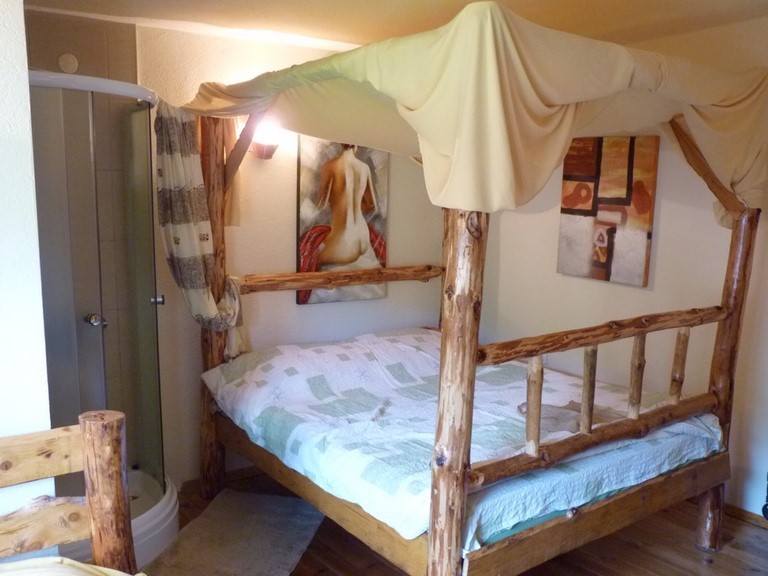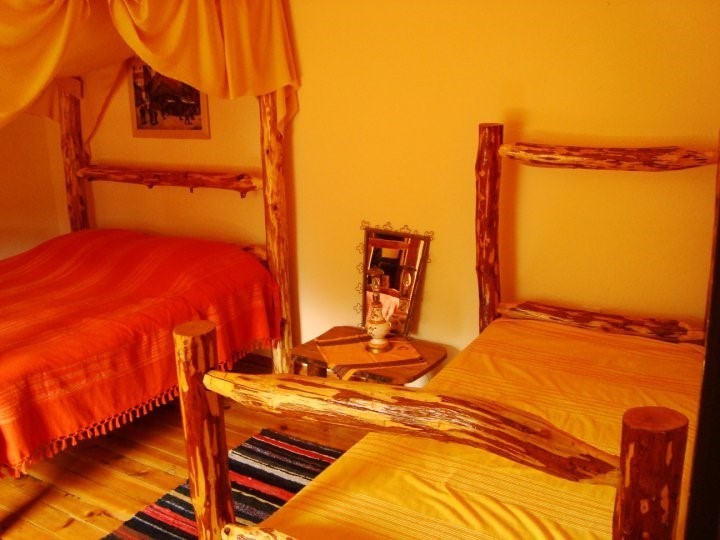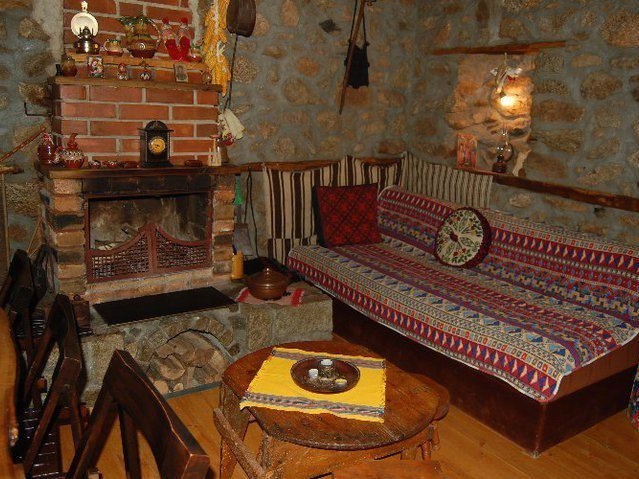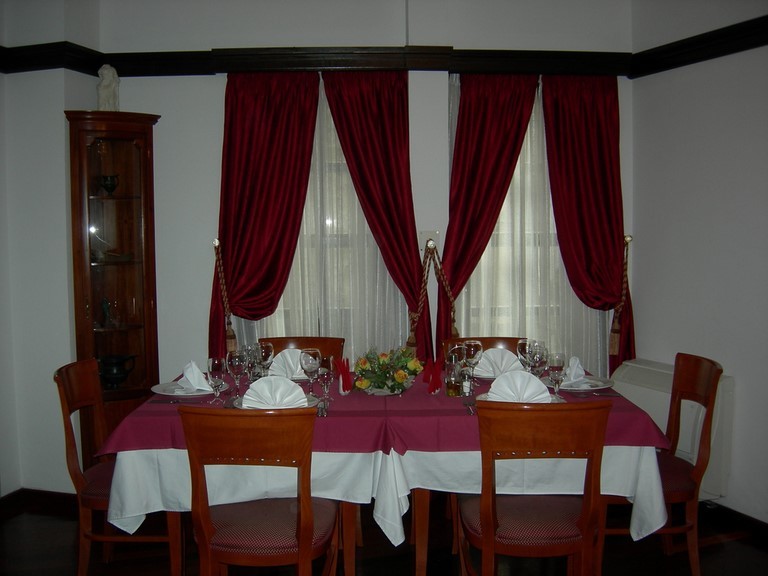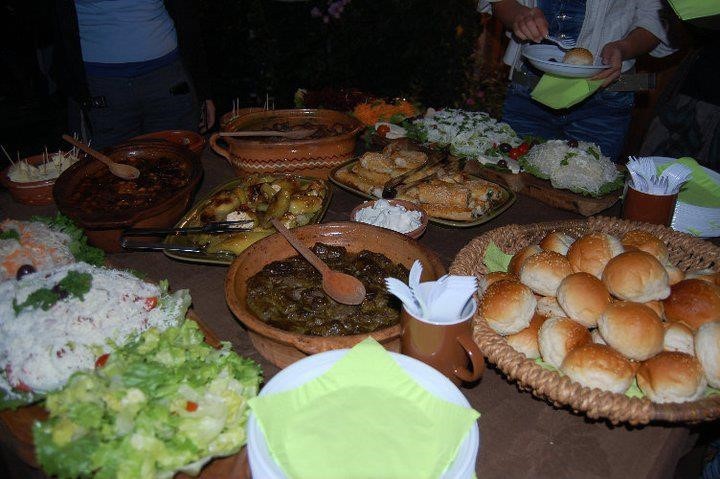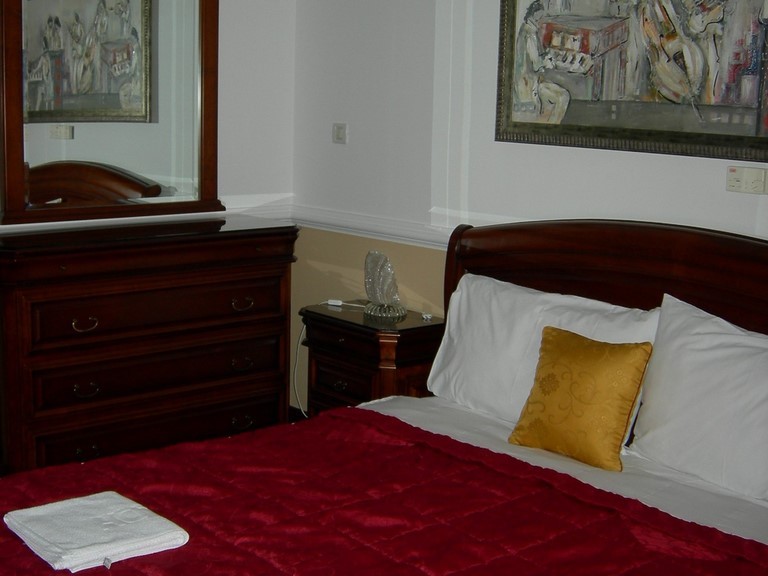Republic of North Macedonia : A Hidden Gem of the Balkans
Form of government: parliamentary republic
Population: 2,082,328 (Macedonians, 64%; Albanians, 25,2%)
Ethnic minorities: Roma, Turks, Aromanians (also known as Vlachs), Pomaks (Muslim Bulgarians), Serbs
Capital city: Skopje, population 506,926
Languages: Macedonian, Albanian
Religions: Orthodox Christianity, Islam
Currency: denar
Neighbouring countries: Serbia, Kosovo, Albania, Greece, Bulgaria
25,713 square kilometres, largely mountainous; 35% of the territory covered with woods; Highest peak (2,764m) is known as Mount Korab (Golem Korab)
National holiday: Independence Day, marked on September 8th (that day in 1991, the republic gained its independence from Yugoslavia)
Macedonia's three national parks occupy 4% of its territory.
The town of Ohrid and the surrounding region are listed as part of the UNESCO World Heritage.
Small Country Boasting Big Assets
It is time for us to get to know this beautiful tiny country, a real gem hidden in the heart of the Balkan Peninsula.
Macedonia also known by its acronym, FYROM (the Former Yugoslav Republic of Macedonia) was established as a sovereign nation-state in 1991, after gaining independence from Yugoslavia. Yet, to this day it remains very much a terra incognita for the outside world. This despite the fact that it boasts a remarkably rich heritage, natural and cultural alike, and has a lot to offer to an inquisitive traveller.
The country's wilderness and wildlife, as well as the diversity of its cultures and ethnic groups (interestingly, its cultural landscape resembles an intricate, meticulously designed mosaic rather than a motley quilt) make Macedonia a must-visit travel destination. Both in cities, towns and in the countryside, tourists will receive a warm welcome from the local population, which is generally very courteous and respectful to foreigners. Despite their recent history, full of suffering, Macedonia's people seem quite happy with the present day and are turning with courage -- and a smile -- toward the future.
Beauty of natural sights; well-preserved wildlife (due to the country's low level of industrialisation)
Exceptional cultural heritage (archaeological sites, churches, monasteries, mosques, the ancient town of Ohrid, looking like an open-air museum...)
Local inhabitants (with the population forming an intricately beautiful mosaic of ethnicities such as Macedonians, Albanians, Romani, Turks, Serbs, Bulgarians, Greeks, Aromanians...) manifest extraordinary kindliness
Pace of living: There's no running against time here; local people know, it seems, how to live in the now and to appreciate the present moment, spending quality time with themselves and their families Lack of crowds: The country remains unaffected by mass tourism.
Trip ideas :
The many ethnically and religiously diverse communities that have existed here over the centuries have each left behind a distinctive imprint -- much to the delight of an inquisitive visitor, who will be able to mentally reconstruct the history of this southern European region and even that of the entire continent as he or she explores the wealth of artifacts preserved at Macedonia's museums and archaeological sites, without forgetting to ask local dwellers for firsthand accounts of the country's recent past.
Byzantine art: The many surviving monasteries and churches will let you delve into the Byzantine era, remarkable for its opulence and vibrant spiritual life (the local museum of icon painting is just one magnificent testament to this).
Getting re-energised: Do you feel it's time for you to get some rest and recharge your batteries, somewhere away from the hustle and bustle of urban life, with the air fresh and clean? Then stay for a while in a small hotel on the edge of a forest, from where you'll be able to take short walks or go hiking in a national park. Whichever option you choose, communion with nature is guaranteed.
Walking/Hiking/Trekking: No matter what your fitness level is, you will find yourself amongst the woods and mountains, enjoying the dramatic scenery and the serene atmosphere. As regards accommodation, there's a wide assortment of comfortable guesthouses and small, tucked-away hotels.
Outdoor activities (rafting, canoeing, horse riding...): Possible for any level, from beginner to advanced, with whatever type of accommodation suits you (whether it be a guesthouse or a luxury hotel). This type of getaway will enable you to quickly re-energise your body and mind if exhausted by days of intense effort and emotion.
The country's rich choice of lakes, torrents and rivers suitable for fishing will make an angler's holiday
Summer festival in Ohrid: An international arts & culture event, featuring concerts, ballet performances, theatre productions, art exhibitions, and poetry readings in the fabulous town of Ohrid, inscribed in the UNESCO World Heritage list
International film festival, with Best Director of Photography awards
Galicnik Festival: In olden days, marriages would all take place on a precise date, with the village's young men having to spend several months a year working away from home. The idea behind this modern-day festival is to show off local heritage by recreating traditional wedding celebrations, comprised of many colourful rituals and dances.
Slow food festival: This event focuses on local fare, and its many presentations of regional food products offer a great opportunity to sample the various tasty specialties of the land.



